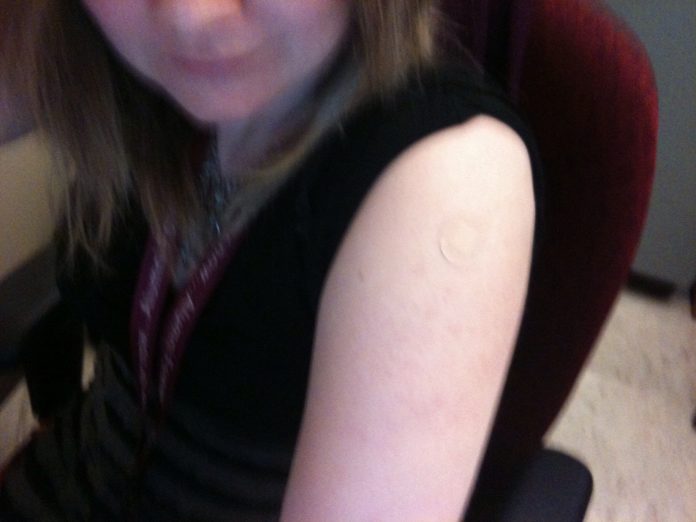Waning public confidence in vaccination is a major challenge that is already affecting health, according to the European Parliament.
In a resolution passed on April 19, MEPs noted epidemiological data showing significant gaps in vaccines being accepted and coverage rates that are too low to ensure the public is properly protected against vaccine-preventable diseases.
Widespread and growing vaccine hesitancy is already having consequences such as avoidable measles outbreaks in a number of countries, added the MEPs.
They also stressed that vaccines are rigorously tested in multiple-stage trials and are regularly reassessed. They also welcome the forthcoming launch of a Joint Action, co-funded by the EU Health Programme, to boost the number of people who have been vaccinated. They also urge the European Commission step up its support for national vaccination efforts.
MEPs advocate strengthening the EU legal basis for immunisation coverage, and call on the EU Commission to facilitate a more harmonised and better-aligned schedule for vaccination across the EU.
According to a European Parliament press release, the MEPs also called for the launch of a factual and science-based dialogue with civil society, in order to combat unreliable, misleading and unscientific information on vaccination.
To boost cooperation against vaccine preventable diseases, the European Commission is slated to present an initiative in the second quarter of this year.
MEP Elena Gentile, who signed the resolution on behalf of the Socialists and Democrats (S&D) Group, said: “We call for information campaigns, aiming at raising awareness in the public opinion. Furthermore, we demand more investments in research and monitoring in order to guarantee the highest level of health safety.”
In turn, S&D spokesperson on health, Miriam Dalli, noted the rise in measles – with cases increasing four-fold in Europe. “The return and rise of vaccine-preventable diseases is also due to untrustworthy information leading to an increase in vaccine hesitancy and unjustifiable increases in the prices of medicine,” she said. “For this reason, the Commission needs to ensure that medicines developed through EU funding are subjected to price ceilings. Equally important, the Commission and member states must develop a solution to increase vaccine supply and availability. Vaccination coverage is crucial.”

